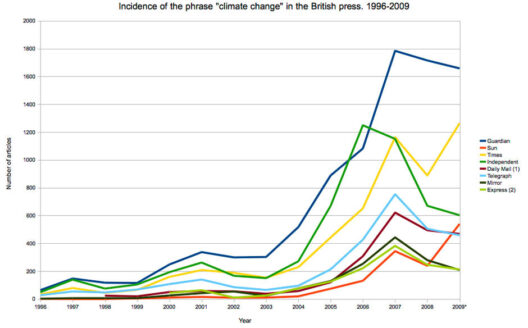Have you ever wondered, in a universe filled with endless possibilities and ever-changing dynamics, whether energy truly remains invariant in an isolated system? This tantalizing question invites us to delve into the principles of thermodynamics and conservation laws that govern our physical reality.
An isolated system, by definition, is one that does not exchange matter or energy with its surroundings. In such a scenario, the question of energy conservation becomes not just a philosophical pursuit but a fundamental aspect of physics. The First Law of Thermodynamics eloquently asserts that energy cannot be created or destroyed; it can only transform from one form to another. This principle lies at the heart of our inquiry.
When we examine an isolated system, we find that all forms of energy—be it kinetic, potential, thermal, or any other variety—metamorphose into different manifestations while preserving the total energy value. The total energy of our isolated system remains constant, reflecting a state of equilibrium, where all exchanges occur internally, devoid of external influences.
Consider a closed container filled with gas particles. Picture how the gas molecules vigorously collide, exchanging energy through contact and movement. Despite the tumultuous activity, the total sum of energy—despite its transient forms—remains unchanged. Kinetic energy from moving particles can be transformed into potential energy when molecules are close together, and vice versa as they disperse. This underscores the essence of energy conservation in an isolated setting.
A delightful challenge arises when we reflect on real-world applications of isolated systems. Most environments, from the cosmos to our planetary ecosystems, are hardly “isolated” in the strictest sense. For example, while the Earth is often viewed as a self-contained entity, it famously receives energy from the sun, thus complicating the validity of isolation in discussions of energy conservation. Yet, in theoretical models and certain experimental setups, we can create conditions that approximate isolation, allowing for rigorous examination of energy conservation principles.
The conservation of energy phenomenon can be likened to a grand game of energy tag. Each energy particle within the system incessantly passes its energy along to others, darting between forms, yet the total amount remains unaltered. This dance of energy conservation not only illuminates fundamental physical laws but also reveals intricate connections between diverse branches of science, from physics to chemistry to environmental studies.
One might ask, what are the practical implications of understanding energy conservation within isolated systems? Consider the advancements in renewable energy. The ability to capture and store energy from renewable sources, such as solar or wind, hinges on the very principles of conservation. Even though we may convert energy from one form to another, observing stringent conservation ensures we harness as much energy as possible without losses in the process. The evolution of energy technologies hinges on this understanding, crucial for environmental sustainability and combating the pressing challenges of climate change.
Moreover, within the realm of ecology, the conservation of energy extends its influence. In ecosystems, energy flows through food webs, from producers to consumers, while dissipating heat at each trophic level. Understanding energy transfer within these systems can help us devise conservation strategies that bolster biodiversity and promote ecological health. By recognizing the energetic dynamics at play, we can foster resilience in natural habitats.
However, what happens when we challenge the very notion of isolation? In a metaphorical sense, life on Earth is a tapestry of interconnected systems, where external forces like the sun or human impact continually disrupt equilibrium. Imagine the plight of our planet when anthropogenic activities introduce imbalances; energy can be lost in transitions, leading to systemic inefficiencies and ecological degradation. This surely tells a cautionary tale about the importance of considering energy conservation not merely from a scientific viewpoint but as a moral imperative in environmental stewardship.
The implications of energy conservation stretch beyond mere theoretical musings. It invigorates discussions around sustainability and resilience. Through energy-efficient technologies and practices, we can minimize waste and enhance the longevity of our natural resources. Each intangible step towards energy conservation contributes to the broader narrative of environmental sustainability, showcasing how science intertwines with ethical responsibility.
As stewards of the environment, recognizing the fundamental concept of energy conservation invites a profound responsibility. From individual actions to global policies, a convergence of efforts is critical in addressing energy challenges. Educating ourselves and others on the nuances of energy consumption lays the groundwork for a more conscious, responsible approach to energy use.
In conclusion, while energy is conserved in the confines of an isolated system, the broader context of energy dynamics beckons us to reflect on our role in an interconnected world. The challenge remains: how can we translate our understanding of energy conservation into tangible action? As we navigate the complexities of modern existence, let us embrace the principles of conservation as guiding tenets in our quest for sustainability. In doing so, we may find not only answers to our intellectual curiosity but also proactive solutions for a healthier planet.







